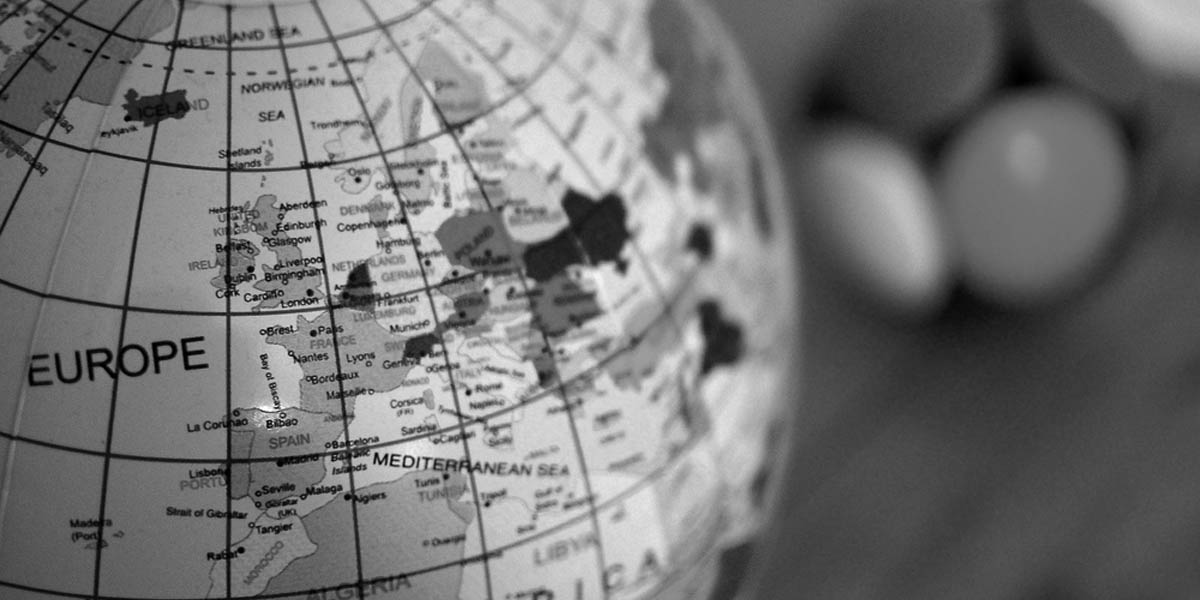Why the EU is the next battleground in the fight against sanitary taxes
Mooncups, tampons and sanitary pads have been taxed for almost half a century on “luxury, non-essential” grounds. Just because a male dominated parliament in 1973 confused what was essential for millions of people within the UK, with what was immediately...
Mooncups, tampons and sanitary pads have been taxed for almost half a century on “luxury, non-essential” grounds. Just because a male dominated parliament in 1973 confused what was essential for millions of people within the UK, with what was immediately and exclusively important for the majority of men within it, doesn’t mean that people should continue to suffer the consequences today. This problem needs to be fixed. Generations have campaigned for a change, and now is the time to push for this change and to end sanitary tax once and for all.
In an attempt to centralise efforts to oppose sanitary tax, I started a change.org petition in May 2014 that set out to see the end of sanitary tax. Yesterday, we delivered our 200,000 signature-strong petition to Number 11 Downing Street, home to George Osborne, Chancellor of the Exchequer. But what does this mean? It doesn’t mean that our campaign will stop, or even that it will slow down. Far from it.
Now that Westminster has accepted our petition, and recognised all 200,000 of us who stand in solidarity against sanitary tax, we will take our fight to Europe.
The UK cannot reduce its tax on tampons until the European parliament has verified this reduction. Sound simple? It’s not as straightforward as it might seem. Europe needs to ensure that it upholds taxing consistency throughout the continent. This means that to reduce sanitary tax in the UK, the whole of Europe will need to follow suit, too.
This is not impossible. To make a real difference we need to convince the leading eight European countries that ending tampon tax is a good idea: the UK (campaign has succeeded), France (sister campaign is already well on its way to success), Italy (sister campaign is currently being launched), Spain, Germany, Portugal. Provided we launch these campaigns whilst supporting each other, we will see a change across Europe.
Reducing sanitary tax to 0 per cent across the continent will make a significant difference to millions of people. In Hungary, sanitary tax is as high as 27 per cent. This issue particularly affects low-income families and the homeless, who often struggle to afford necessities such as sanitary products. With a 27 per cent reduction in cost, their struggles to afford this monthly essential item will at least ease and accessibility will be widened.
Europe hasn’t been the only part of the world affected by the campaign: it has begun to make a difference across other areas of the globe, too. Sister campaigns launched in Australia and Canada have set out to see this change benefits those in all corners of the world, and not just those in Europe.
Sanitary products need to be acknowledged for what they are: essential. They need to join the UK’s list of tax-free, “essential” items, which currently includes “helicopters”, “edible sugar flowers” and “exotic meats including horse”, and this change needs to happen across the continent. Together, I have no doubt that we can make this change happen.
There are no excuses. Generations have campaigned for almost half a century to see this change happen: now that Westminster is behind us, it’s finally time to stop taxing periods.

